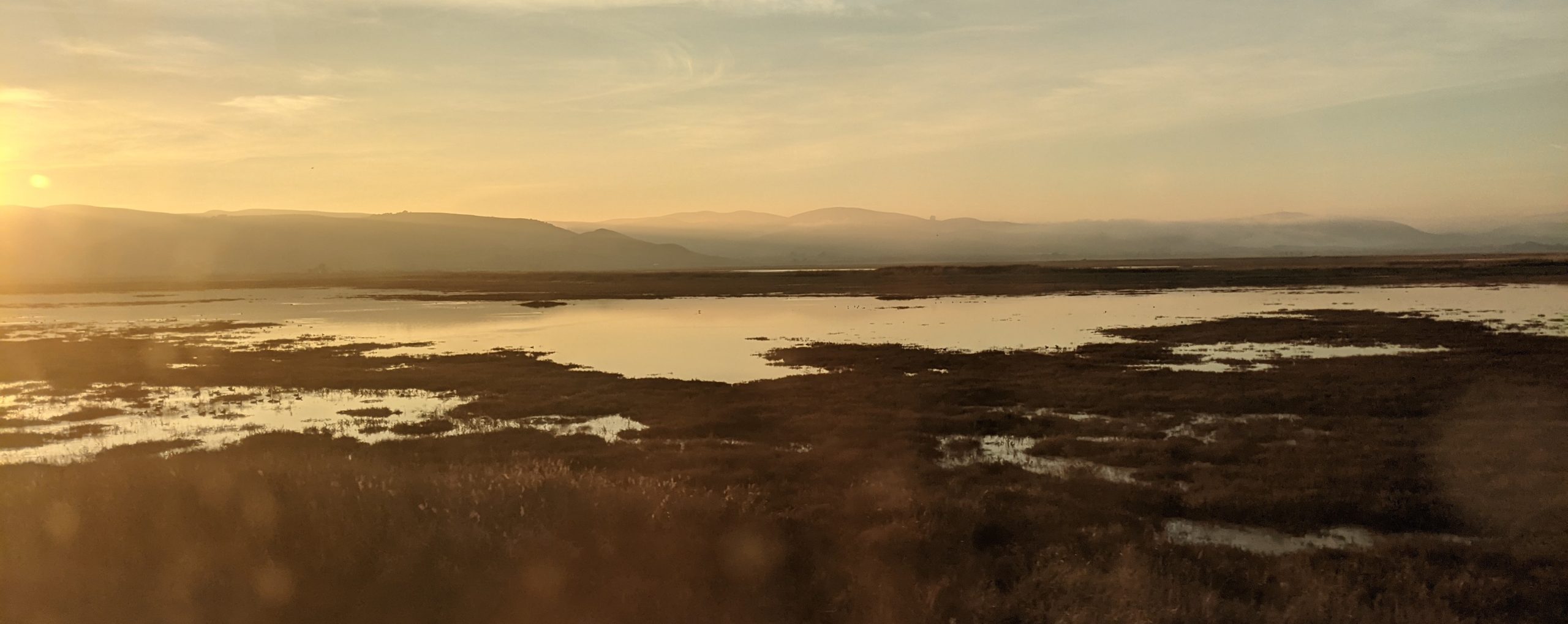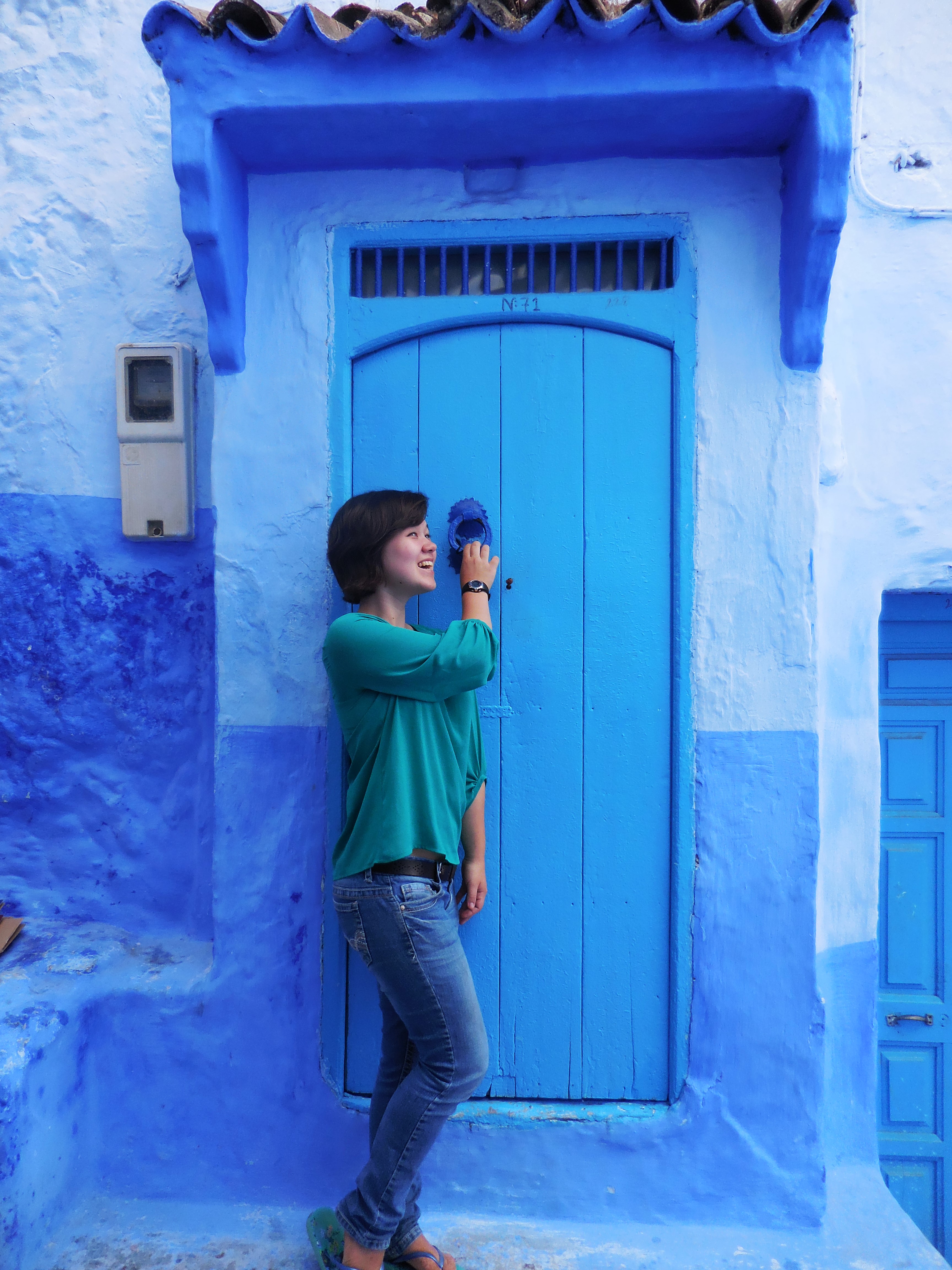Sorry, this one isn’t very travel-bloggy and again for a (different) semi-specific audience. Please read if concerned relative or Harvard (or other, possibly) student considering studying abroad. Scheduled programming returns next time I travel or learn something useful.
“Siobhan”, you might be asking, “What are you doing in Morocco at the beginning of the school year? Are you just on a three-month-long eating tour? Do you spend all your hours taking artsy point-and-shoot photos and writing narcissistic blog posts?”
Answer: I’m studying abroad! Migration and Arabic, to be specific. Migration and Transnational Identity and Research Methods and Modern Standard Arabic, to be specific-er. It’s run through the School for International Training (SIT), which sends students out to partners in education in other countries. It sounded sketchier than it is to me, too—we’re actually taking all of our classes through the Center for Cross-Cultural Learning in Rabat, and learning quite a bit.
There were a few reasons I chose this program. The first, and most important, was that SIT’s programs fit in very well with my concentration’s (major’s), Social Studies*, required curriculum. My program has a research methods course and a sociology/politics course on migration, and ends with the Independent Study Project (ISP) in which we go off somewhere in Morocco and do field research regarding migration. Then we write a 25 page paper, for which I get junior tutorial credit. My fourth class is very intensive Arabic (3.5 hours a day, starting at 8:30. And you thought 9 AM class for an hour a day was difficult…). I’ll receive language credit for this. I’m receiving some sort of Harvard credit for all my classes (3 classes of concentration credit, which is more than most do in a semester at Harvard). Most excitingly, I’m killing off a General Education requirement—so long, Science of the Physical Universe!!! *laughs maniacally* So, study abroad, especially with a concentration like mine, doesn’t have to put your plan of study back at all.
Equally important was the topic and place (SIT has an overwhelming number of programs). For reasons you’ve already heard (I’ve lived in Europe, I’m cheap, and I can’t enjoy drinking), I didn’t want to go to Europe for a semester abroad. Morocco, also aforementioned, was the perfect place for my language skills and love for food. I also wanted to study something that I was really invested in. Last semester, I signed up on a whim for one-day Red Cross training on International Humanitarian Law (Shout-out to Sally). I’d always been interested in the vague concept of “development”, but after learning more about refugees, I was a. shocked that I’d never really heard about this before and b. determined to learn more. There was also a slightly personal reason (people are disgustingly self-motivated, aren’t we?)—when I was a kid, my family and I were evacuated by the US government out of a coup zone. It haunts me that, just because of my citizenship, 5-year-old me was able to leave and thrive and write, when so many other 5-year-olds are trapped, and die, in far worse situations. So now I spend my free time reading UNHCR reports and trawling through internet blogs and wishing I’d chosen something easy to study, like chemical engineering. Just kidding, but it’s true that with social science problems there are no answers; and worse, the more you learn the more pessimistic you become about the world and the ability of any systems to solve anything. But at least with refugees, there are at least large concrete problems and some small concrete answers. The readings have been incredibly interesting.
My third reason also has to do with Social Studies: I’ll get to do field research with interviews before writing a thesis. After having heard some scary stories from thesis-ing friends, I’m really glad that I’m doing this—if I don’t like this kind of social science research, I can spend next winter teaching myself R and go hide in a data lab. Or something like that; economics is cool. And if I like it, I can go somewhere next summer and interview people about things. And if I detest it, I can go back, take four English or Philosophy classes a semester, and write my thesis on how beauty can save the world.
*Social Studies: like seventh grade, but harder! Social Studies is, quickly, a combination of economics, government, sociology, anthropology, and history. Every student is required to take a year-long sophomore tutorial on political philosophy and social theory. Outside of that, we have various course requirements, which I won’t bore you with even in a footnote; you can look them up. We’re also all required to write theses—it’s ostensibly an honours-only concentration (major), though I of the shaky GPA know better: even with the mandatory thesis, your concentration GPA has to reach a certain cutoff for the Latin honours.

